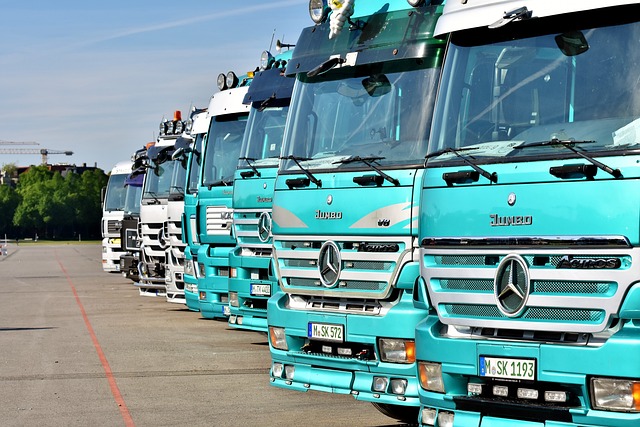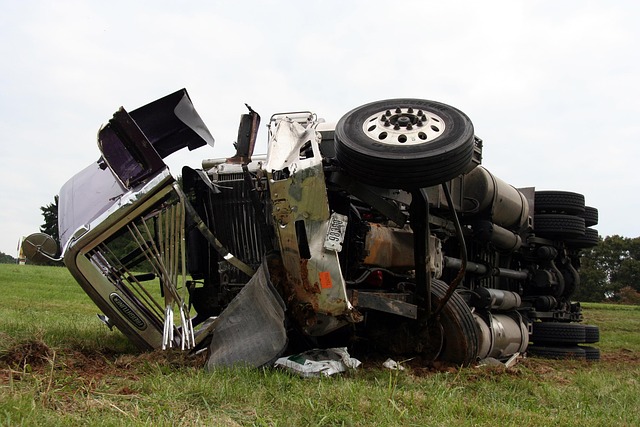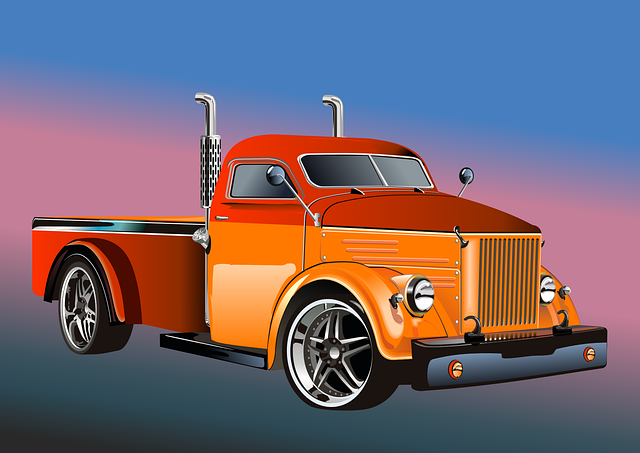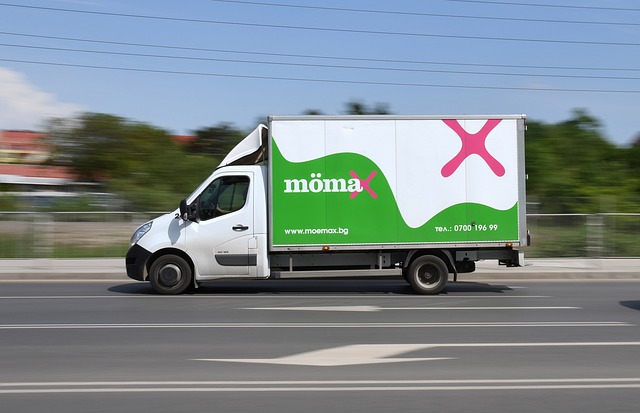First-time truckers need to understand the differences between key insurance types. Physical damage policies cover vehicle repairs or loss from accidents/vandalism, while liability insurance shields against claims for harm or property damage caused by accidents. For affordable startup coverage, new operators should prioritize these essential protections, balancing them with cargo insurance tailored to their business needs. Regularly reviewing new trucker insurance options ensures novice drivers maintain the best tailored coverage as their trucking venture grows.
Protecting your vehicle is paramount in the demanding world of trucking. Physical damage and collision coverage play a crucial role in safeguarding against unexpected events that can cripple both your truck and your bottom line. For new operators, securing appropriate insurance solutions is essential to navigate risks effectively. This article explores tailored coverage options, focusing on affordable startup choices for first-time drivers and cargo insurers, as well as a comprehensive guide to liability insurance for growing trucking businesses.
Understanding Physical Damage and Collision Coverage for Vehicles

For first-time operators venturing into trucking or those looking to insure their new truck, understanding physical damage and collision coverage is a crucial step in protecting their investment. These policies are designed to shield against unexpected events that could lead to significant vehicle damage, such as accidents, natural disasters, or even vandalism. Physical damage policies typically cover repairs or total loss of the vehicle, offering peace of mind for beginners navigating the highways.
When considering trucker insurance, especially for those with affordable startup coverage in mind, it’s essential to differentiate between physical damage and liability insurance. While liability insurance protects against claims arising from accidents causing harm or property damage to others, physical damage coverage focuses on the actual vehicle. This tailored approach ensures that new operators can select specific coverage options aligned with their needs, be it for personal use, cargo transport, or a burgeoning trucking business.
Why New Operators Need Tailored Insurance Solutions

For first-time operators, entering the trucking industry is an exciting yet daunting prospect. One of the most significant considerations is securing appropriate new trucker insurance that aligns with their unique needs and budget. These drivers often face higher risks due to their lack of experience, requiring specialized tailored coverage to protect against potential losses.
While affordable startup coverage is essential for financial sustainability, it’s equally crucial to ensure comprehensive physical damage policies and liability insurance first-time drivers. This includes cargo insurance for beginners, which protects valuable cargo during transit, as well as policies that safeguard against collision damages and third-party liabilities. Such tailored solutions enable new operators to navigate the industry with confidence, knowing they have robust protection in place from the outset of their trucking business.
Affordable Options for First-Time Trucker Drivers and Cargo Insurers

For first-time trucker drivers and cargo insurers, finding affordable and suitable coverage can be a significant concern. The good news is that there are numerous options designed specifically to cater to the unique needs of newcomers to the trucking industry. Many insurance providers offer tailored packages for new operators, focusing on providing comprehensive yet economical physical damage policies and liability insurance. These starter policies aim to protect both the truck and its cargo without breaking the bank.
Affordable new trucker insurance often includes basic collision coverage, which can be extended with additional supplements as the trucking business grows. Cargo insurance beginners can benefit from customized plans that safeguard their goods during transit, ensuring financial protection against potential losses or damages. By choosing tailored coverage from the outset, new operators can establish a solid foundation for their insurance needs while keeping startup costs manageable.
Protecting Your Trucking Business: Comprehensive Liability Insurance Guide

Protecting your trucking business begins with understanding and securing the right insurance. For first-time operators, navigating the world of insurance can be a daunting task. However, it’s crucial to prioritize liability insurance as a foundational step. This coverage shields you from significant financial losses in case of accidents or damage caused to others’ property. While many new truckers focus on basic liability, considering physical damage policies is equally important. These policies safeguard your vehicle against perils like collisions, theft, and natural disasters, ensuring that even unforeseen events won’t cripple your trucking business.
For those just starting, securing affordable startup coverage tailored to your needs is key. Beginners often require a balance between comprehensive liability insurance for personal protection and specific coverage for their cargo. This approach ensures that should the worst happen, both your business and cargo are protected. Remember, as a new trucker, your insurance needs may evolve quickly. Stay proactive in reviewing your new trucker insurance options to ensure you’re always equipped with the best tailored coverage for your trucking business.
Protecting your vehicle and business is paramount for new truckers. Understanding the nuances of physical damage and collision coverage, coupled with accessing tailored insurance solutions designed specifically for first-time operators, ensures a strong foundation for safety and financial security on the road. By securing affordable startup coverage and comprehensive liability insurance, young truckers and cargo insurers alike can confidently navigate the highways, knowing they’re shielded against unforeseen events. This guide has illuminated the importance of these measures; now it’s time to act, ensuring peace of mind behind the wheel.
